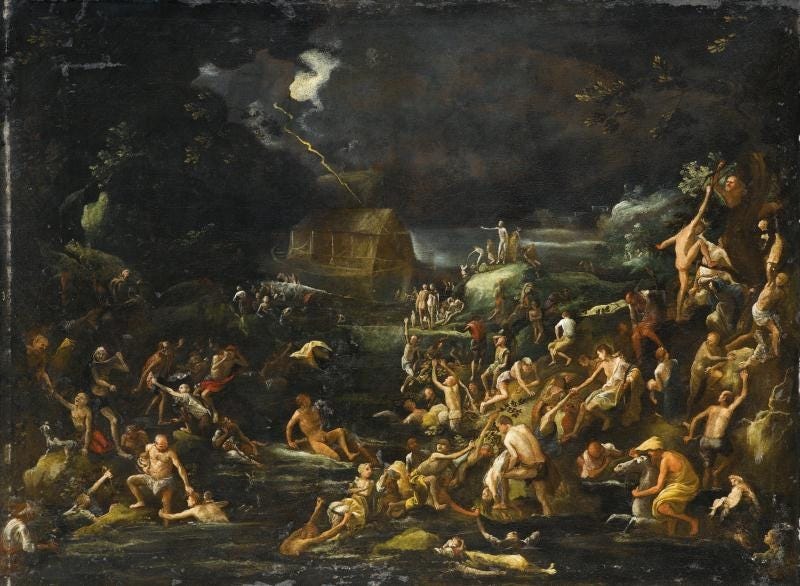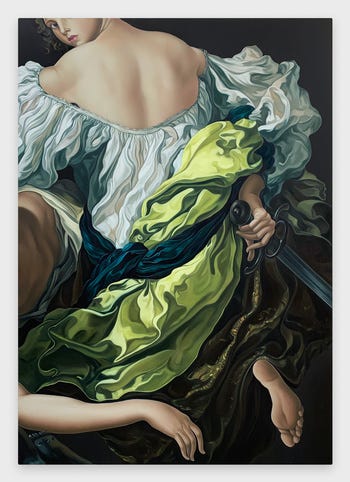Holy Sonnets: I am a little world made cunningly
by John Donne
I am a little world made cunningly Of elements and an angelic sprite, But black sin hath betray'd to endless night My world's both parts, and oh both parts must die. You which beyond that heaven which was most high Have found new spheres, and of new lands can write, Pour new seas in mine eyes, that so I might Drown my world with my weeping earnestly, Or wash it, if it must be drown'd no more. But oh it must be burnt; alas the fire Of lust and envy have burnt it heretofore, And made it fouler; let their flames retire, And burn me O Lord, with a fiery zeal Of thee and thy house, which doth in eating heal.
John Donne’s The Flea is rightfully known as a lude poem, and is often seen as a stark break from his post-conversion work. Yet, his pension for graphic language remained throughout his career. Instead of finding it lodged in the purely temporal and crass human heart, we find it utilized to articulate key truths about the relationship between God and man. In “I am a little world made cunningly,” he displayed it beautifully.
From the get go, he draws parallels to the Creation epic in Genesis. Donne takes elemental phenomena like fire and water and imagines the human person as a mini-Earth. Donne distinguishes us from God’s creation; he uses the word “cunningly” isntead of “good.” This creation, unlike God’s handiwork, is fatally flawed: “My world’s both parts, and oh both parts must die.” The poet is calling for a radical transformation in his new creation—we are not in need of simple repairs. He recognizes that this shift must come from a force greater than ourselves.
Here Donne makes use of the graphic language: he says he must be “drown’d” and “burn” with the “fire of lust.” The man in this poem must be totally ravished and overpowered by God. The sexual overtones are undeniable, yet what Donne means here is not carnal desires, but that the love and mercy that God bestows upon us is not always a pat on the back or an arm around the shoulder. Sometimes we need to wrestled away from the world with the full force of the Creator and Lord of Everything. Sometimes not. In this poem, the Lord is violent.
A common notion in most hunting traditions is the belief in a primal relationship between the hunter and the hunted. The hunter pursues the hunted with an emotion more akin to love than hate. In some Native American cultures, there is even a belief that right before an animal is slain, the animal willingly gives themselves up in a sacrificial way. The relationship between the hunter and the hunted is extremely close, so close that there is an special intimacy between them.
In ancient mythology also, romance is understood to be about the pursuer and the pursued. The pursuer takes to his task in a relentless way because of his love for who he pursues. It is not with malicious intent, but because love is a powerful emotion that brings people together. Donne is harnessing that idea in this poem. God cannot simply perform a passive action. No, God rushes after man in eager pursuit. In a twist, Donne associates God’s love with a destructive fire. Fire figures into spiritual image often, with it typically being referred to for it’s refining qualities. Christians must be radically changed by God and that is often a painful process. However, healing comes after the refining fires. Donne reminds of of that in the last line: “Of thee and thy house, which doth in eating heal.” It’s only through God’s fervent pursuit of us and perfectly overwhelming love that we can be made fully right with Him.





